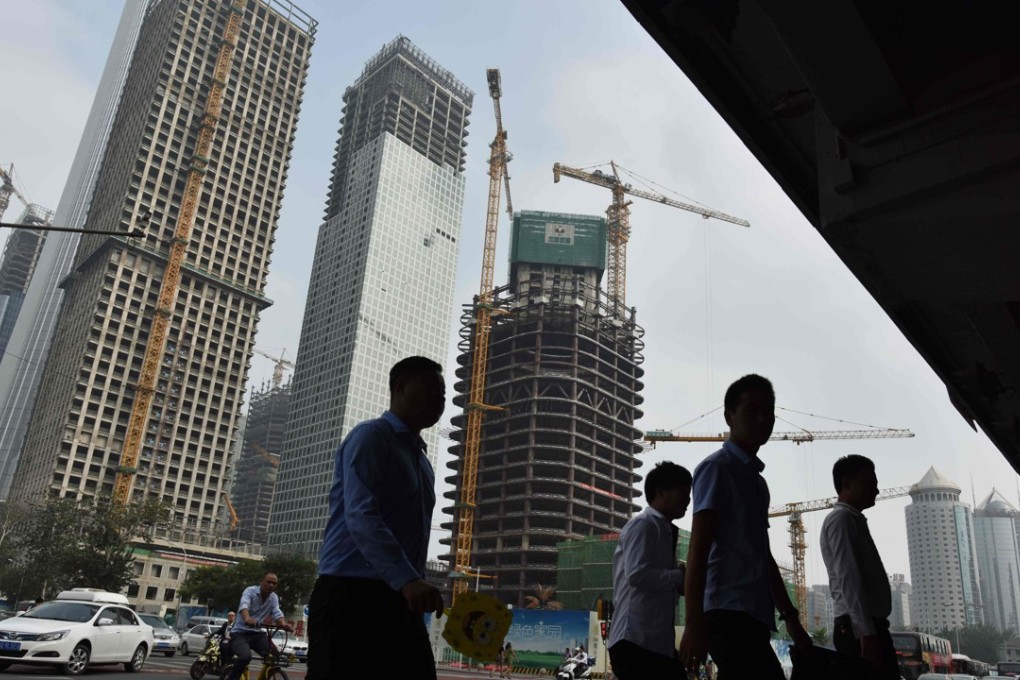China tipped to cut fiscal deficit ratio as it tightens purse strings, goes for steady growth
Ratio figure due to be announced at National People’s Congress next week as the government unveils its budget plans for 2018

The central government will likely propose a lower-than-expected fiscal deficit ratio of 2.7 per cent in its budget report to the National People’s Congress next week, highlighting Beijing’s determination to prevent financial risks and cut debt, according to a senior Chinese finance expert.
A fiscal deficit is when a country spends more than it earns.
China was expected to cut the ratio between the fiscal deficit and gross domestic product to 2.7 per cent in 2018 from a budgeted 3 per cent in 2017, Zhu Qing, a professor of fiscal science at Renmin University in Beijing, told a forum.
Zhu, a senior researcher close to the government, did not reveal the source or basis for his forecast. Premier Li Keqiang solicited Zhu’s opinions on tax matters at a symposium in September.
A lower deficit ratio does not necessarily mean an immediate fall in government spending, given the continued growth in China’s economy. The country’s gross domestic product grew 6.9 per cent last year.